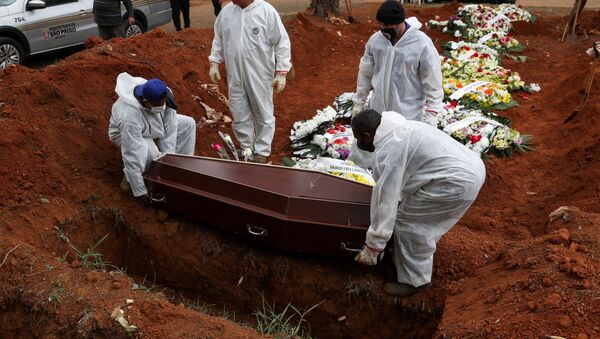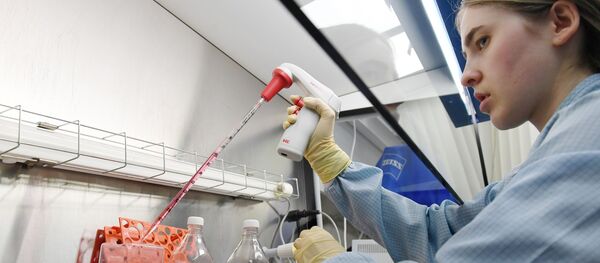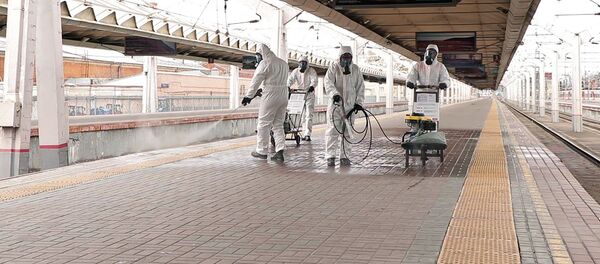he Israeli government chaired by Prime Minister Benjamin Netanyahu has decided to reintroduce a number of preventive measures that enter into effect on Friday evening amid a sharp increase in COVID-19 cases in the country over the last few weeks, the government’s press service has said.
In late May, Israel gradually started to lift the coronavirus lockdown measures, allowing bars, restaurants, pubs and swimming pools to reopen. However, this step was then suspended in June by Netanyahu due to a surge in new infection cases.
Among general restrictions, gyms and exercise studious, except those for professional athletes, will be closed starting at 5 p.m. Israeli time (14:00 GMT), the service said in a press release on a joint statement issued by Netanyahu’s office and the Health Ministry.
As of Friday, restaurants and cafeterias are permitted to continue only take-away and home-delivery operations, the statement read.
As for restaurants in the country’s hotels, administrations should limit the occupancy rate by 35% out of the total count in order to continue working, according to the statement.
Among the weekend restrictions, which are to be in place from 5 p.m. on Friday until 5 a.m. on Sunday, stores, trade centers, open-air markets, barbershops, beauty services, libraries, petting zoos, museums, pools, tourist attractions and the cableway will be closed.
Beginning July 24, staying on the beach during the weekend will be prohibited except for the period from July 17-18.
Only a total of 10 people are allowed to gather in closed areas, and up to 20 in open ones "except places of work and nuclear families," the statement said.
At the opening of a cabinet meeting, Netanyahu ordered that all ministers have until July 23 to provide a program in a bid to cope with current economic challenges and gain control over the epidemiological situation.
As of Friday, the total number of active COVID-19 cases in Israel stands at 25,636, according to information provided by the Health Ministry. The death toll has reached 387 since the start of the outbreak.
A total of 213 patients are under special medical treatment.







